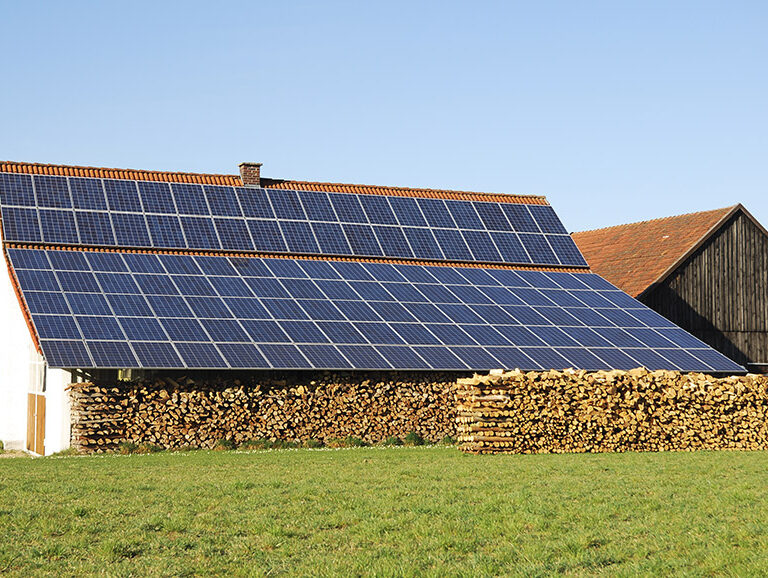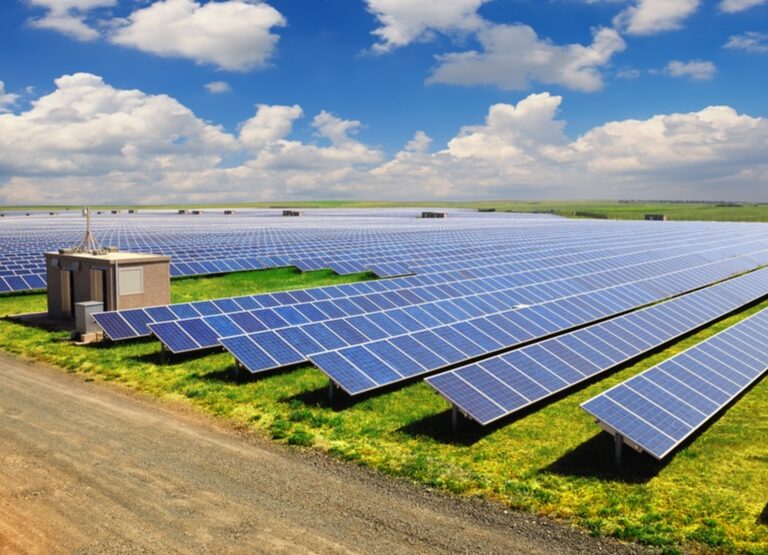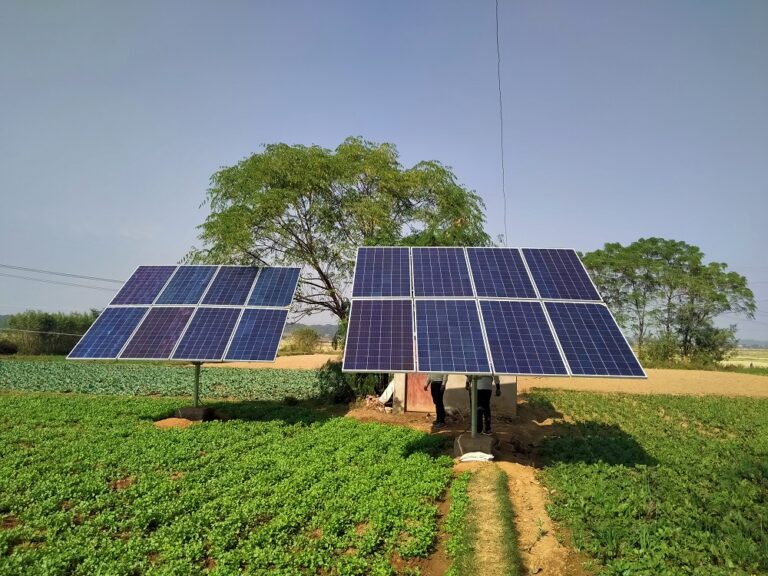Power Your Fields with the Best Solar Panels for Farms in Minnesota
Begin your journey to go Solar with us!
See how much money you could save by going solar!
Best Solar Panels for Farm in Minnesota
Agriculture and cultivation have been the foundation of our country for hundreds of years. Farms provide a myriad of products for a growing population, including nutritious food, textile materials, and fuel. Industrial progress and population growth are leading to increased demand for high-yielding crops and fertile livestock at a time when climate change threatens farmers’ livelihoods.
Many farmers are turning to solar energy, hoping to slow the impact of fossil fuel consumption and harmful emissions. By installing solar panels on commercial farms, business owners can save money and reduce their environmental impact while powering their operations. If you’ve never considered using solar energy for agriculture, there are some compelling benefits to consider.


Solar Energy for Agriculture Minnesota
Run anything powered and charged with electricity on your farm on solar panel energy, from irrigation systems to livestock fencing to dairy processing plants; solar energy powers everything. Needless to say, energy generated by solar panels costs a fraction of the cost compared to grid energy. In fact, the system can even make a profit if you sell your surplus energy to utilities!

Solar System for Agriculture in Minnesota
Sensitive plants grow healthier under solar panel arrays. Growing crops under solar panels on farms can protect crops from dry, drought-like conditions caused by the summer. There is also another advantage of using solar energy. Agricultural freestanding solar panels regulate subsurface temperature by absorbing sunlight before it reaches the ground. This is ideal for growers who want to extend the growing season of their cool-climate crops.
